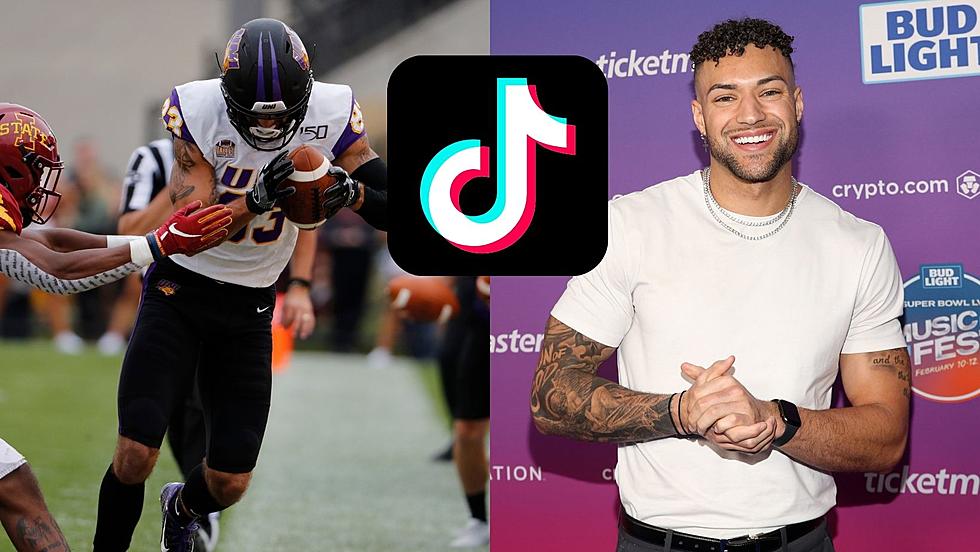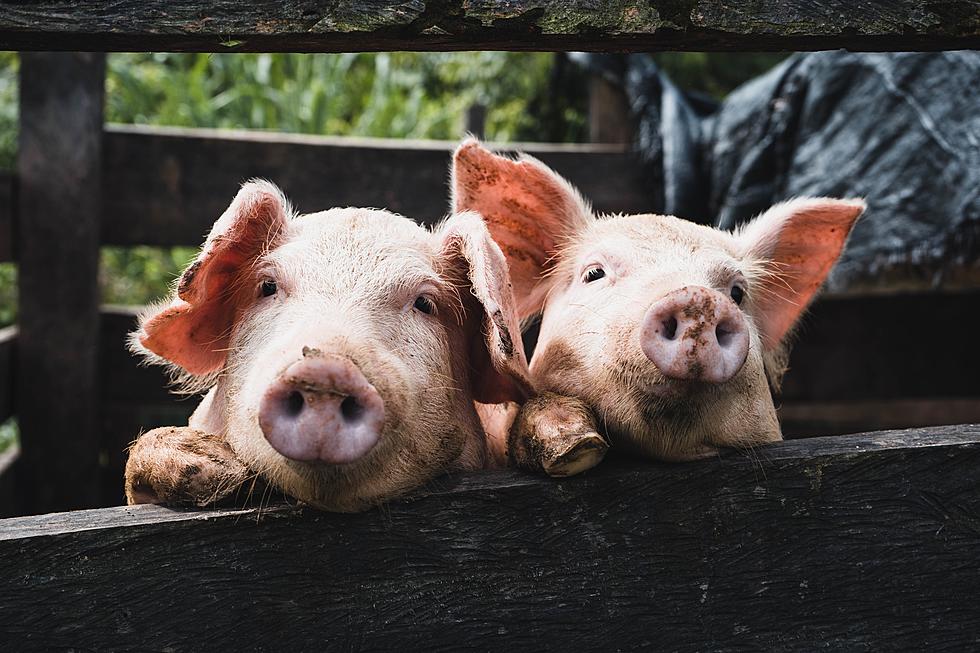
Iowans Nearly QUADRUPLED How Much They Bet on Sports in 2021
As of August 15, 2019, sports betting became legal in Iowa, becoming the 11th state in the nation to legalize the activity.
In 2020, the entire state spent roughly $575 million wagering on sports. In 2021, that number increased to over $2 BILLION. That didn't just happen overnight, though.
The major difference in the revenue explosion came from the fact that starting January 1 of last year, betters were "no longer were required under state law to travel to a state-licensed casino to set up an account that allowed them to place sports bets at a casino or online," according to the Cedar Rapids Gazette. "Instead, they were able to register their sports betting accounts using mobile apps or their smartphones or other electronic devices."
Following the change, 90% of bets in Iowa were placed online.
Brian Ohorilko, the administrator with Iowa Racing and Gaming Commission said this to KCCI, regarding the shift of where bets were placed:
It's not surprising, but what is surprising is how much of an increase we've seen from 2020 to 2021.
As for the significant increase, he pointed to the economic bounce-back Iowa saw between 2020 and 2021.
We also saw a number of new operators enter the market. They waited until the in-person registration requirement went away so we saw twice as many operators enter the market in 2021.
He said this to The Gazette in December of last year:
We have 17 companies that are licensed to conduct online sports wagering, four more that we expect to be licensed here in the next few months. And so the industry continues to grow. We have had very few regulatory issues. We will continue to provide regulatory oversight. And it has just been a really good story to this point in time.
Over 2021, Iowa made $8 million in taxes from sports betting.
If you have a problem with gambling, call the National Problem Gambling Helpline Network at 1-800-522-4700.
According to Algamus Gambling, there are eight signs of gambling addiction:
1. Obsession – Unable to Stop Gambling
2. Hiding or Lying about Gambling
3. Gambling Despite Consequences
4. Experiencing Withdrawal Symptoms When Not Gambling
5. Dysfunction in Their Daily Lives
6. They Get Defensive About Gambling
7. Stealing or Unlawful Behavior
8. They Express Guilt or Remorse After Gambling
Best Iowa Football Photos of the 2021 Season
Aldi Grocery Store Revamps With New Cedar Falls Location
More From 103.3 WJOD
![[UPDATE] Three Dead in Ames Shooting Identified and Motive Found](http://townsquare.media/site/676/files/2021/10/attachment-RS24808_GettyImages-666368380.jpeg?w=980&q=75)







![Iowa is Home to ‘Castletown, USA’ [PHOTOS]](http://townsquare.media/site/725/files/2022/02/attachment-nga.jpg?w=980&q=75)
